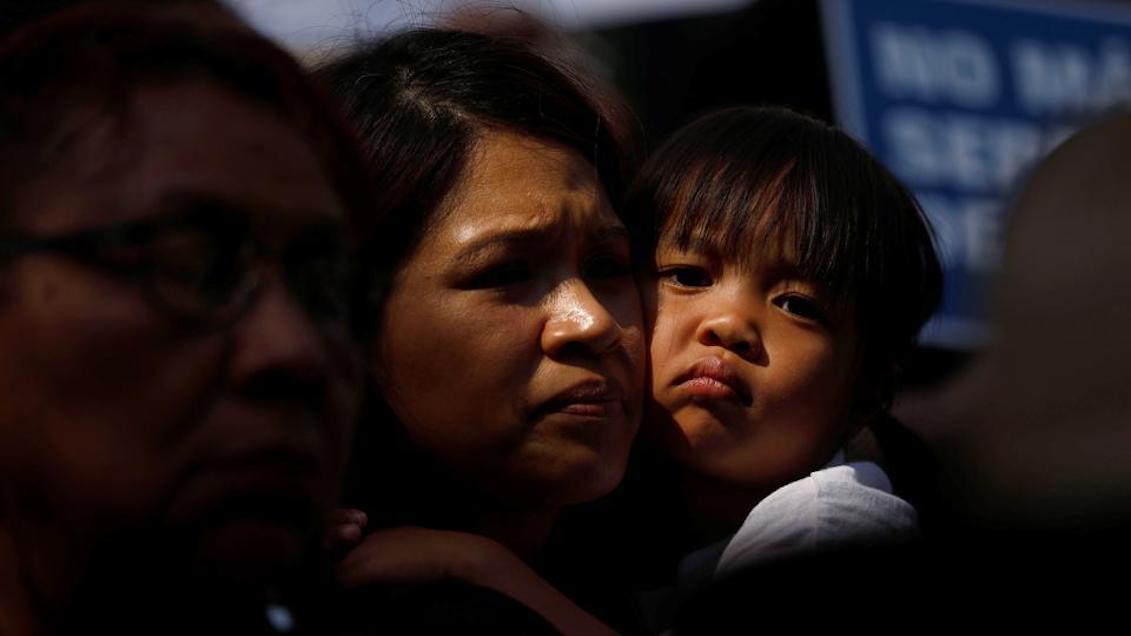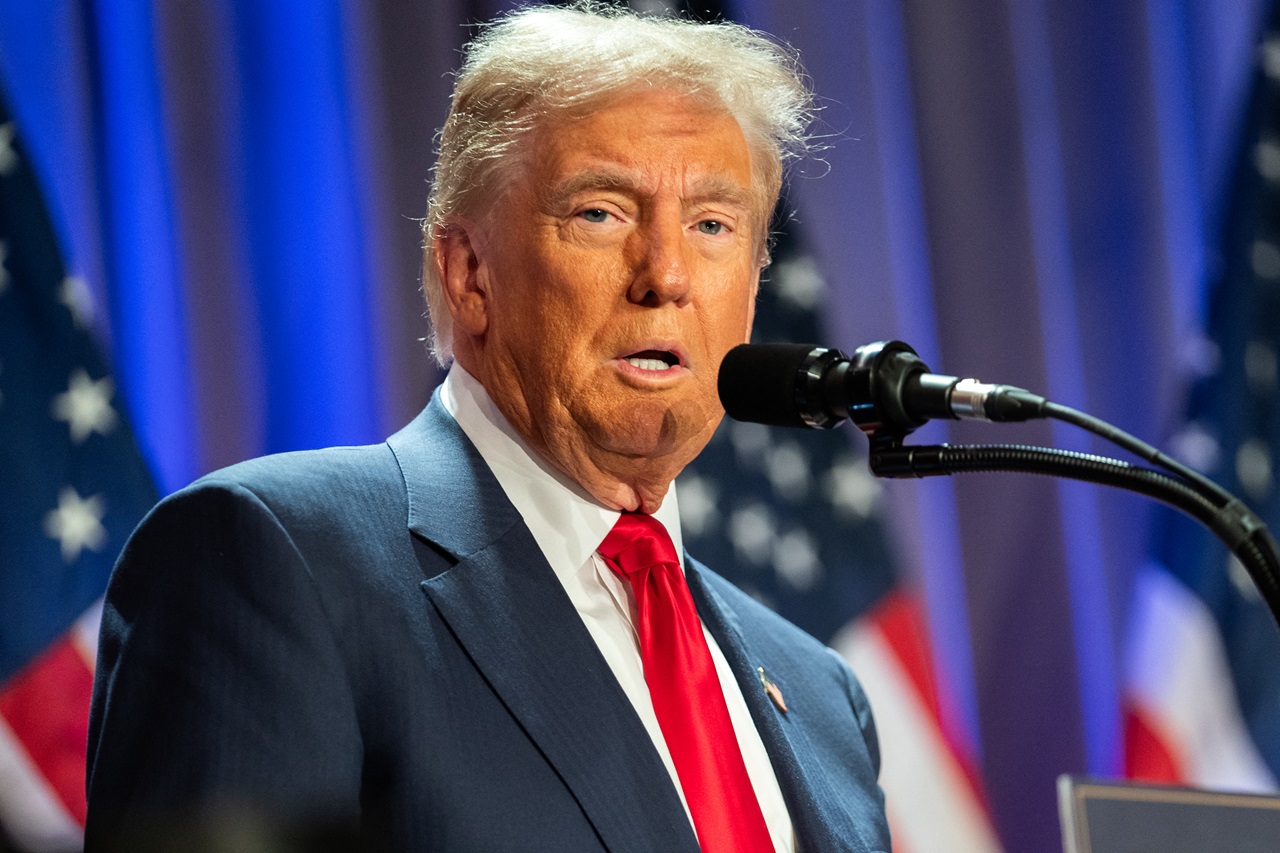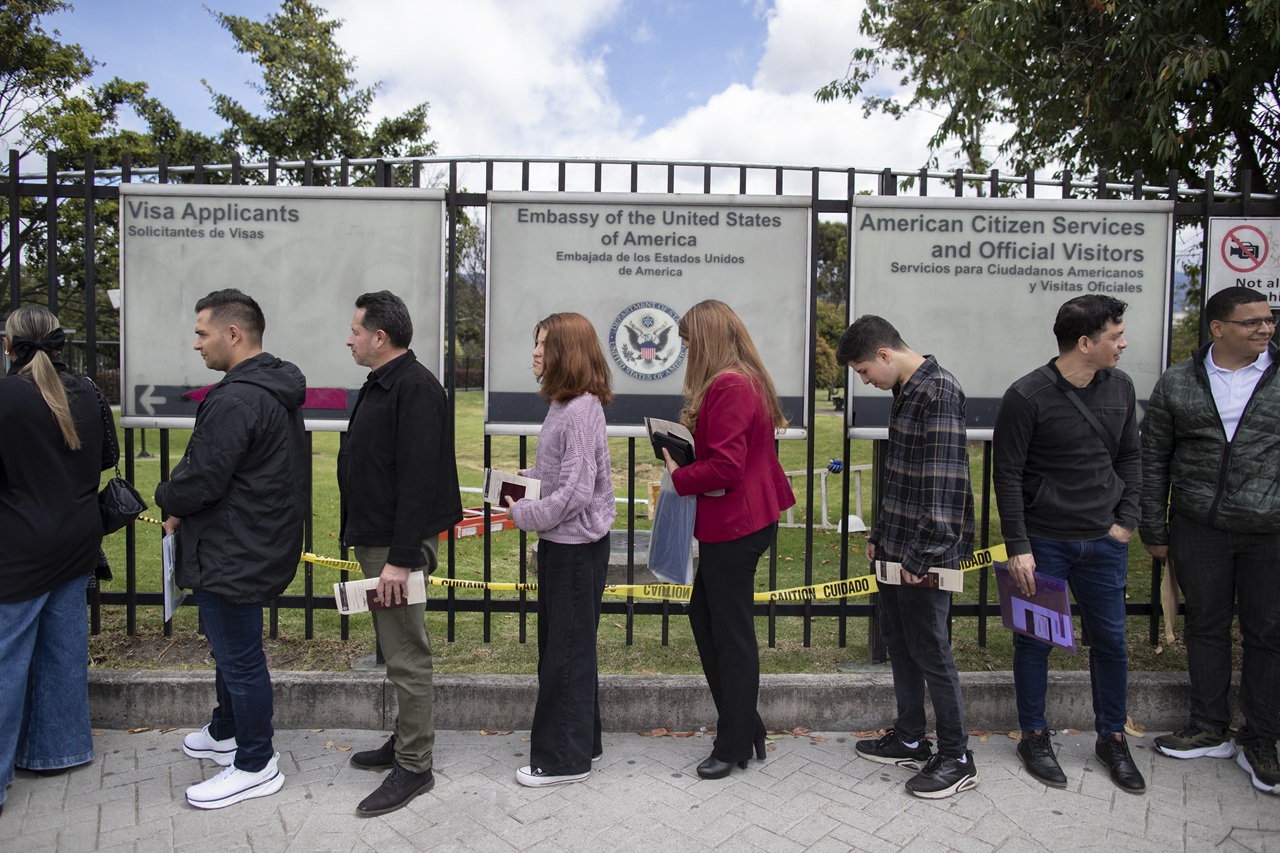
Trauma and separation: The effect of the zero-tolerance policy
The family separation and the anguish to which the immigrants detained at the border are subjected to could cause serious psychological side effects, according…
As the anti-immigration policies of the Trump administration intensify, the concern of activists and specialists becomes more and more latent, especially when it comes to psychological consequences.
The costs of government decisions often take years to materialize within communities - which are often isolated and undermined by behavior problems and resentments that could last for generations.
But the case of thousands of children separated from their parents at the border thanks to the zero-tolerance policy of the Donald Trump government can manifest the symptoms almost immediately.
Thomas Plante, professor of psychology at Santa Clara University, explained to ABC7 that "it’s clear child abuse. There is no other way to describe it."
Between images of "caged" children and audios exemplifying the desperation and fear felt by minors when separated from their parents, Plante warned that "separation will leave a lasting traumatic impact on these kids’ lives."
"Some people are more resilient than others," he explained. "But we can expect an awful lot of trauma that will be with these families and children for years to come."
For its part, the American Psychological Association (APA) wrote an open letter to the Trump government to "express our deep concern and strong opposition to the Administration’s new policy of separating immigrant parents and children who are detained while crossing the border."
RELATED CONTENT
In the statement, the organization argues that "based on empirical evidence of the psychological harm that children and parents experience when separated, we implore you to reconsider this policy and commit to a more humane practice of housing families together pending immigration proceedings to protect them from further trauma."
APA is the main scientific and professional organization representing the psychological guild in the United States and has more than 115,000 members and affiliates nationally and internationally with experience in assisting immigrant communities. That is why its voice has resonated in all media while trying to confirm that these practices have irreparable consequences.
"Decades of psychological research have determined that it is in the best interest of the child and family to keep families together," the statement continues. "Families fleeing their homes to seek sanctuary in the United States are already under a tremendous amount of stress. Sudden and unexpected family separation, such as separating families at the border, can add to that stress, leading to emotional trauma in children."
In the same way, the organization warns that the time of separation could increase the symptoms of anxiety and depression in children, as separation could trigger other types of mental disorders.
"For children, traumatic events can lead to the development of post-traumatic stress disorder and other mental health disorders that can cause long-lasting effects. Furthermore, immigration policies, such as separating families at the border, can also adversely impact those immigrants who are already in the United States. They can suffer from feelings of stigmatization, social exclusion, anger, and hopelessness, as well as fear for the future."
However, both the Department of Homeland Security and the Trump administration's spokespersons have ensured that the children are in good care. As explained by Secretary of the Homeland Security Kirstjen Nielsen during a press conference, "it is important to note that these children are very well cared for, don’t believe the press. They are under very good care."
But for Luis Zayas, professor of psychiatry at the University of Texas and dean of UT Austin's School of Social Work, "no amount of colorful rooms with lots of great toys, regular meals, and health and education services takes away the psychological impact of losing your parents," he told ABC News. "The damage that will be done will last a lifetime."











LEAVE A COMMENT: